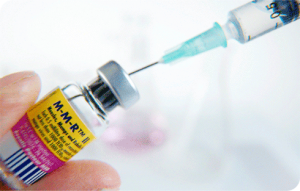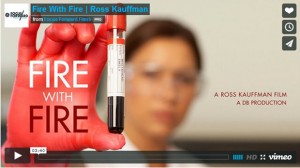Yoga has been around for a while and I’ve done a little here and there. However, up until this summer, my knowledge of yoga was little to none. My friends begged me all winter long to go to class with them at the local studio in my town but the straw that broke my back and forced me to go was my best friend’s mother. She took my mom and I to the “Hot Yoga Spot,” a studio about five minutes from my house, specializing in hot yoga. I got into it quickly and started taking classes four times a week and started referring all of my friends to yoga. It also helped that I think yoga clothes are super cute and I love the way it makes me feel. Hot yoga is a general umbrella of classes but can refer to different types of heated yoga classes, postures, temperatures and tempos.
This brings me to my first point. I’m clearly no scientist, hence why I’m taking this class, and I’m also not a yoga expert because I just started a few months ago. If you’ve never heard of hot yoga, it’s basically a yoga class in a heated room. One might not think that yoga is a hard form of exercise, but believe me, after about ten minutes in class, you will be sweating from places you didn’t know existed. I know as a non-scientist, there are benefits to sweating a lot, I’m just not sure what. I also know that yoga makes you more flexible, and the heat helps muscles become more bendy and work better. Heat is also why we are encouraged to stretch and do other exercises after building up our heat rate, when we’re sweaty. From my experience, doing yoga in a heated room increases the intensity of the workout and your overall heart rate, making it harder than normal yoga. Yoga also has a tendency to make you happy. After leaving yoga class, I always have peace of mind, a feeling I encourage everyone to search for. Hot yoga creates an emptiness in the mind even more than non-heated classes because all I think about is the heat and the poses.
But that’s just me. I know that there are more benefits, but as I said, I’m no expert, so I had to look online for some information. Although gym rats and lots of athletes I know bash on yoga, it really does help improve strength. Yoga doesn’t feel like running five miles or doing squats but I swear, holding “warrior 2” for more than a few seconds is one of the hardest thing in the world. Yoga tends to tone your body instead of building bulky muscles.
Poses that cause you contract muscles and use balance, combined with the heat have been shown to have the same effects on heart rate as running or any other cardio activity. In fact, according to Yoganonymous, a 90 minute class of hot yoga can burn up to 1,000 calories.
Another benefit is the detox that comes with sweating and twisting. Sweating in large amounts releases toxins through the skin that would otherwise be in our bodies. I’ve learned that certain poses, which your body doesn’t normally twist into, help to stretch out your organs and make them function better. Each pose has its own organ benefits, due to the massaging of the organs in positions you wouldn’t normally be in.
Hot yoga has the benefit of strengthening essential body parts such as the spine and injury prone spots to prevent these happenings. It’s been proven to be good for arthritis patients, sufferers of carpal tunnel, and people nursing joint injuries.
Honestly hot yoga has the power to just make you feel awesome. No other activity is as fun for me or has to power to make me feel as good. I’m able to focus on something so intensely for an hour a day that I forget about all the stresses of my life. Plus, the best at my studio at home is at the end when you’re in the final pose, “Savasana,” the instructors walk around with cooled towels infused with mint extract. I also love seeing progress in my yoga practice, between weeks of classes, and just in a single class itself. “Downward Facing Dog” becomes ten times easier from the beginning to the end of class.
The moral of this blog post is to go to hot yoga, or at the minimum, regular yoga! Remember, when attending hot yoga, make sure you drink plenty of fluids continually throughout the day, get energy from healthy foods, and definitely bring a towel to wipe up your sweat. Although unlikely, if any of you ever end up in the Capital District in New York and are looking for a yoga studio, go to the Hot Yoga Spot— it’s the best!

















